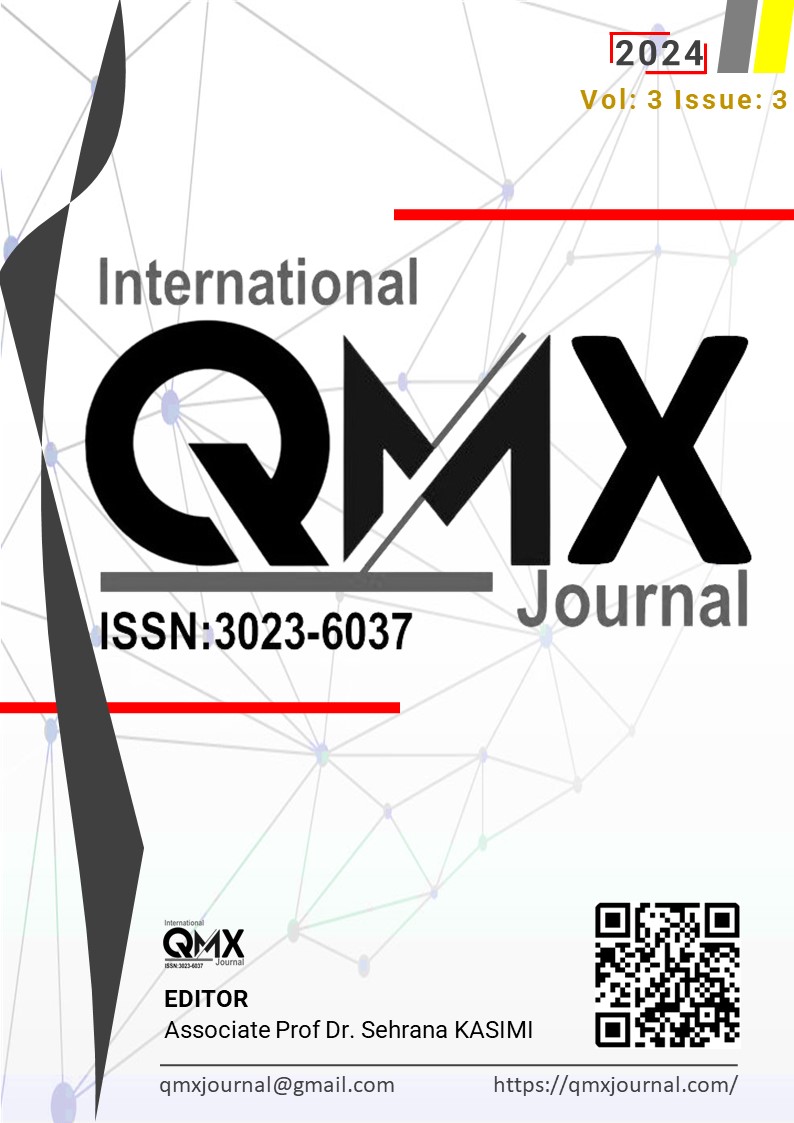Author :
Abstract
PİSA OECD’nin yürütmekte olduğu uluslar arası bir öğrenci değerlendirme projesidir. 3 yılda bir değerlendirme sonuçlarının açıklandığı bu projede başarılı ve orta düzey başarılı ülkeler ülkemizin eğitim sistemleri ve yönetici seçme usülleri değerlendirilmiştir.
PİSA’ da sürekli başarı gösteren ülkeler ile orta düzey başarı gösteren ülkelerin eğitim sistemlerine bakıldığında ülkemizdeki eğitim sisteminin ezbere dayalı ve üst düzey becerileri kazandırmaktan uzak olduğu görülmüştür. Oysaki başarılı ülkelere bakıldığında eğitim sistemlerinin beceri esaslı olduğu, eğitimin ilk birkaç yılında sınav bile yapılmadığı araştırmamızın sonuçlarında ortaya çıkmıştır. Ayrıca bu ülkelerde okul yöneticisi seçme işlemi son derece titiz eğitimler sonucunda belirlenmektedir. Yüksek lisans yapma veya uzun yıllar öğretmenlik tecrübesi sonrası belirlenen eğitimlerde ve seçmelerde başarı gösterenler bu ülkelerde okul yöneticisi olabilmektedir. Üstelik bu yeni başlayan yöneticilerin bir süre tecrübeli başka okul yöneticileri yanında stajyerlik yapmaları da gerekmektedir. Bu süreçleri tamamladıktan sonra okul yöneticileri düzenli olarak hizmet içi eğitimler almaya devam etmektedir.
Ülkemizde okul yöneticiliği öğretmenlik görevine ek bir görev olarak görüldüğünden profesyonel bir meslek olarak algılanmamaktadır. Bu nedenle sürekli değişin yönetici görevlendirme yönetmeliği çok da sistemli olmayan bir süreç sonunda yöneticilerin görevlendirilmesine neden olmaktadır. Yöneticilik becerisini ölçmekten uzak sınav ve mülakatlar ile değerlendirme formlarıyla yöneticiliğe başlayanlar, deneyimli bir yöneticinin mentörlüğünden yararlanamamaktadırlar. Ayrıca yöneticiliği devam edenler de görevleriyle ilgili düzenli eğitimler almamaktadırlar.
Keywords
Abstract
PISA is an international student assessment project conducted by the OECD. Every 3 years, the results of this project are announced and the education systems of successful and moderately successful countries and the procedures for selecting administrators are evaluated.
When we look at the education systems of the countries showing continuous success in PISA and the countries showing moderate success, it is seen that the education system in our country is based on rote learning and is far from providing high-level skills. On the other hand, the results of our research revealed that the education systems of successful countries are skill-based and that there is not even an exam in the first few years of education. In addition, in these countries, the process of selecting school administrators is determined as a result of extremely rigorous training. Those who succeed in the training and selection process after a master's degree or long years of teaching experience can become school administrators in these countries. Moreover, these new school administrators are required to work as interns for a period of time under other experienced school administrators. After completing these processes, school administrators continue to receive regular in-service trainings.
In Turkey, school administration is not perceived as a professional profession as it is seen as an additional duty to teaching. For this reason, the constantly changing regulation on the appointment of administrators leads to the appointment of administrators at the end of a process that is not very systematic. Those who start as administrators through exams, interviews and evaluation forms that are far from measuring managerial skills cannot benefit from the mentorship of an experienced administrator. In addition, those who continue as managers do not receive regular training on their duties.
